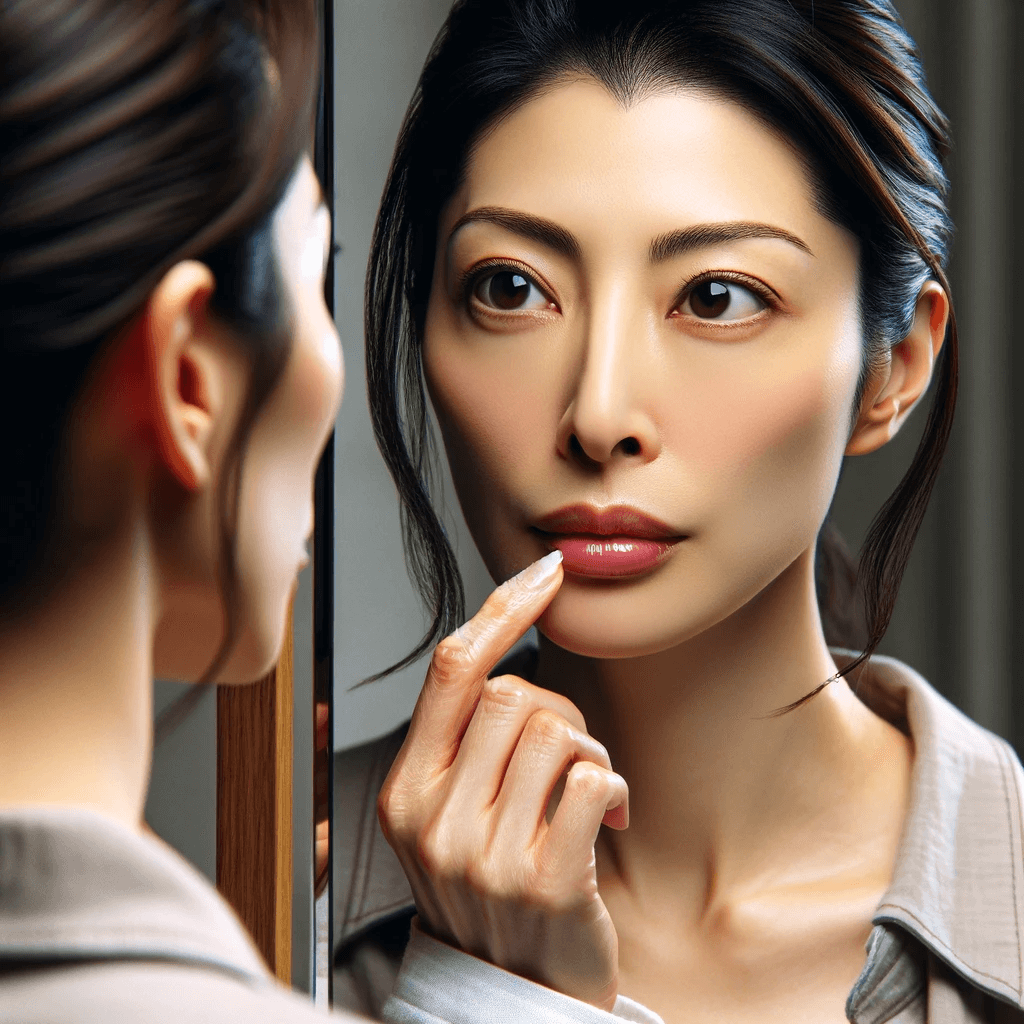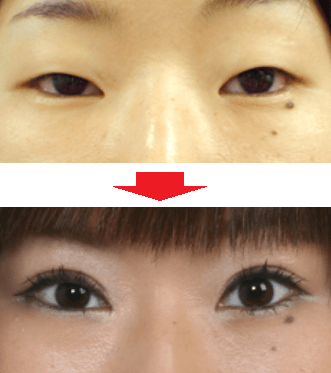投稿日:2023/10/11
(最終更新日:2023/10/15)
Understanding the Odor of the Vagina and Its Surroundings: A Medical Perspective
For those of you with health-related questions and concerns, have you ever felt uncertain or anxious about the odor of the vagina in your daily life? In this article, we’ll delve deep into the medical reasons behind vaginal odor and the surrounding area.
The Natural Environment of the Vagina
Starting with the basics, the vagina has a natural environment that maintains its health. This environment is primarily composed of beneficial bacteria known as “lactobacilli,” which keep the pH acidic, thereby preventing the growth of harmful pathogens. As a result, it’s normal for the vagina to have a unique scent. Typically, this natural vaginal odor is described as “sour” or “yeasty”. The slight sweetness or tartness can be attributed to lactobacilli breaking down sugars and producing lactic acid.
Bacterial Vaginosis
Bacterial vaginosis occurs when the balance of “lactobacilli” in the vagina is disrupted, allowing harmful bacteria to proliferate. Common causes include having a new sexual partner, frequent intercourse, excessive washing with cleansing agents, weakened immunity due to fatigue or lack of sleep, and antibiotic usage. Common symptoms include a strong, fish-like odor, particularly after intercourse or menstruation. Other symptoms include increased thin, grayish-white discharge, itching, or burning sensation in the vagina. Diagnosis primarily relies on clinical symptoms and examination of vaginal discharge. Antibiotics like metronidazole or clindamycin are commonly prescribed, either orally or as vaginal suppositories. Bacterial vaginosis is a prevalent condition, with many women experiencing it at some point in their lives.
Sexually Transmitted Infections
Sexually transmitted infections such as chlamydia, trichomoniasis, and gonorrhea can intensify vaginal odor. While many people with chlamydia don’t exhibit symptoms, some might notice increased odorless or yellowish discharge. Other symptoms can include pain or burning in the vagina or urethra and lower abdominal pain. With gonorrhea, while initial symptoms in women might be mild, increased foul-smelling purulent discharge, itching, or pain during urination can occur when they do manifest. On the other hand, trichomoniasis is characterized by frothy, yellow-greenish discharge with a strong odor reminiscent of rotten fish.
Menstruation and Bleeding
During menstruation, the presence of blood can contribute to a distinctive odor. Menstrual blood tends to be neutral to slightly alkaline, which can temporarily disrupt the pH balance of the vagina. This pH shift can encourage the growth of bacteria other than lactobacilli, leading to odor. Additionally, not frequently changing sanitary pads or tampons can lead to accumulated blood and vaginal secretions, promoting bacterial growth and consequently, odor.
Diet and Physical Condition
It’s known that spicy foods, alcohol, and garlic can affect body and vaginal odor. For example, spicy foods contain potent compounds like capsaicin which not only stimulate sweat glands, leading to increased sweat but also result in a distinctive body and vaginal scent when excreted. Similarly, compounds resulting from alcohol metabolism, like acetaldehyde, and compounds in garlic, like allicin, can affect odor. Moreover, factors like stress, fatigue, irregular lifestyles, and nutritional deficiencies can weaken the immune system, increasing the risk of conditions like bacterial vaginosis and candidal vaginitis, which are typically accompanied by changes in odor.
Vaginal Odor (Suso-wakiga)
Vaginal odor, also known as suso-wakiga, arises from secretions of the apocrine glands in the genital area. Bacteria on the skin break down these secretions, leading to a distinct unpleasant smell. Notably, secretions from the apocrine glands of the genital area increase during the initial stages of sexual arousal, intensifying the odor during intercourse. The recommended treatment is “Bewhot.”
Clitoral Phimosis
In women, “clitoral phimosis” refers to a condition where the tip of the clitoris is covered by the prepuce, making it prone to accumulate waste products. This accumulation can contribute to the odor around the vagina.
External Factors
The vagina is in proximity to the urethra and anus, and secretions or excretions from these areas can also contribute to the surrounding odor.
Conclusion
There are various factors that contribute to the odor of the vagina and its surroundings. While most odors can be addressed with regular care and lifestyle adjustments, if the odor persists or is accompanied by other symptoms, it’s strongly advised to consult a gynecologist or a medical institution specializing in sudo-wakiga treatment. Care for your body, seek the right information, and pursue a more comfortable daily life.
Written by Kenta Motogami, M.D.
Director of Funabashi Chuou Clinic (Chiba Pref. Japan) ana Aoyama Celes Clinic (Tokyo)
English is available at these clinics.
【Related Articles】
Is the Reluctance Towards Cunnilingus Due to Vaginal Odor?
The Truth and Benefits of the Trending “ViewHot” Treatment for Intimate Odor
An Unusual Odor from the Areola: It Could Be a Sign of Mammary Osmidrosis…
Is there an odor from your butt crease? It might be “buttock osmidrosis.”
カテゴリーから探す
- 目
- 鼻
- プチ整形
- その他の顔の治療
- 美肌治療
- にきび治療
- アンチエイジング・若返り
- 小顔・輪郭治療
- 豊胸・バスト
- 痩せる方法
- 院長日記
- わきが・多汗症
- タトゥー除去
- 女性の薄毛
- レーザー脱毛
- ほくろ・いぼ除去
- その他
- Articles in English
人気記事ランキング
-
1位

2024/02/26
【女性がセックスでイク】オーガズムの全てを医学的に徹底解説!
-
2位

2024/01/26
唇のブツブツ:フォアダイスの原因・治し方・予防等について
-
3位

2023/12/30
数の子天井、ミミズ千匹の名器とは??
-
4位

2024/02/10
顔汗・頭の汗がすごいのはなぜ?病態と止める方法について
-
5位

2023/12/21
膣痙攣でペニスが抜けなくなるか
最新記事
千葉エリアで治療をご希望の方はこちら

〒273-0005
千葉県船橋市本町6-4-15
グラン大誠ビル 2F
責任者:元神賢太
最終学歴:H11年慶応義塾大学医学部卒業
勤務歴:H15年船橋中央クリニック開業
東京エリアで治療をご希望の方はこちら

〒107-0061
東京都港区北青山2-7-26
ランドワーク青山ビル7F
(旧ヒューリック外苑前ビル)
責任者:高林洋一
最終学歴:S43年慶応義塾大学医学部卒業
勤務歴:H28年青山セレスクリニック管理者



































 フリーダイヤル
フリーダイヤル
